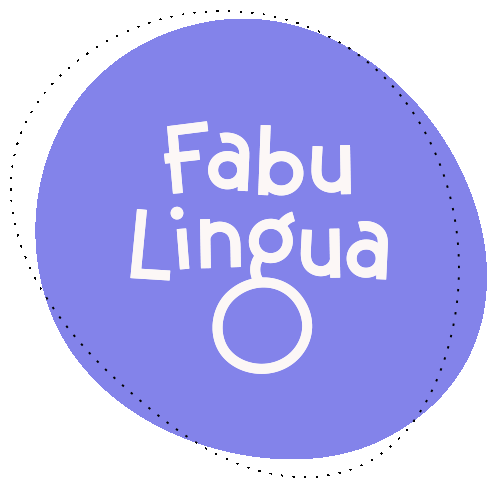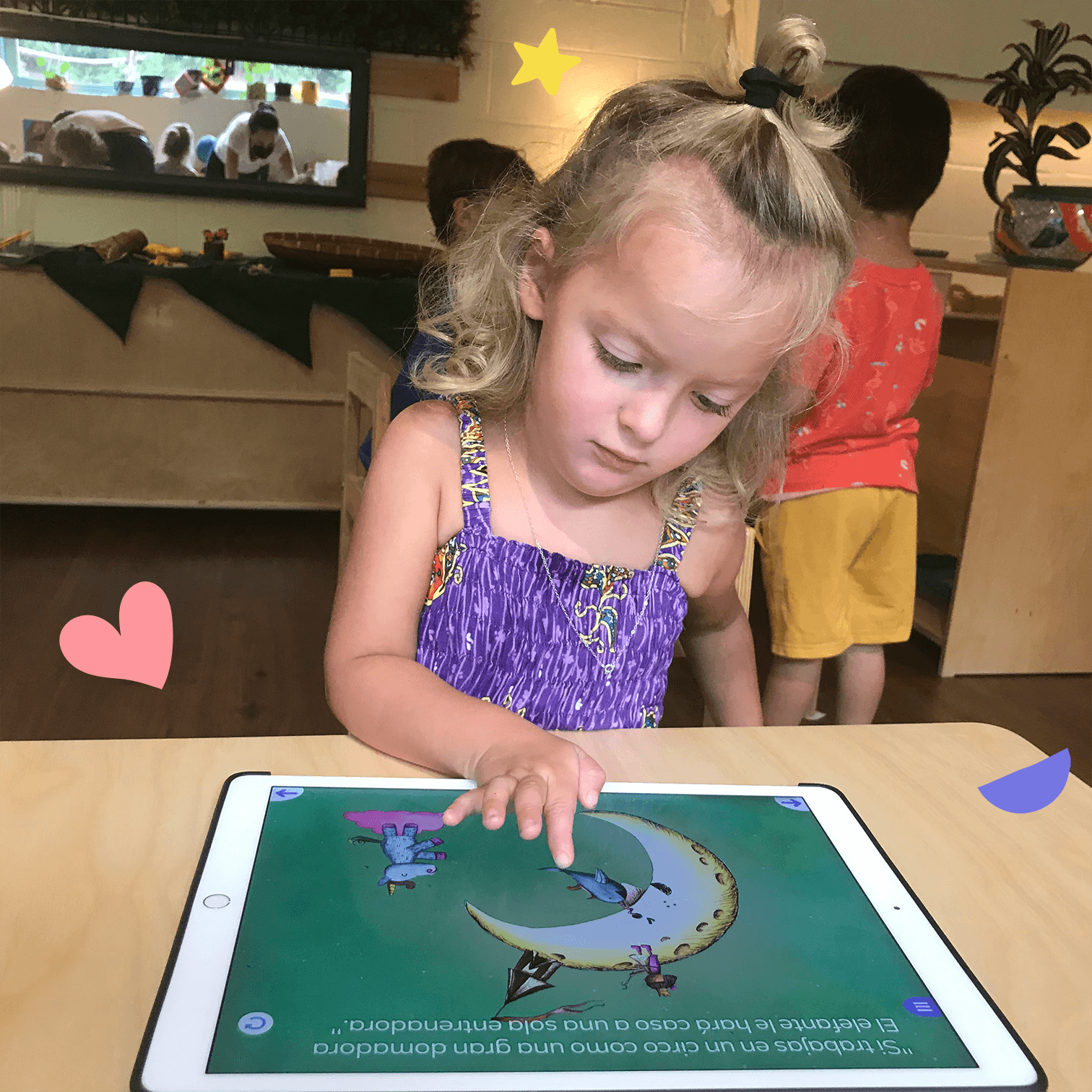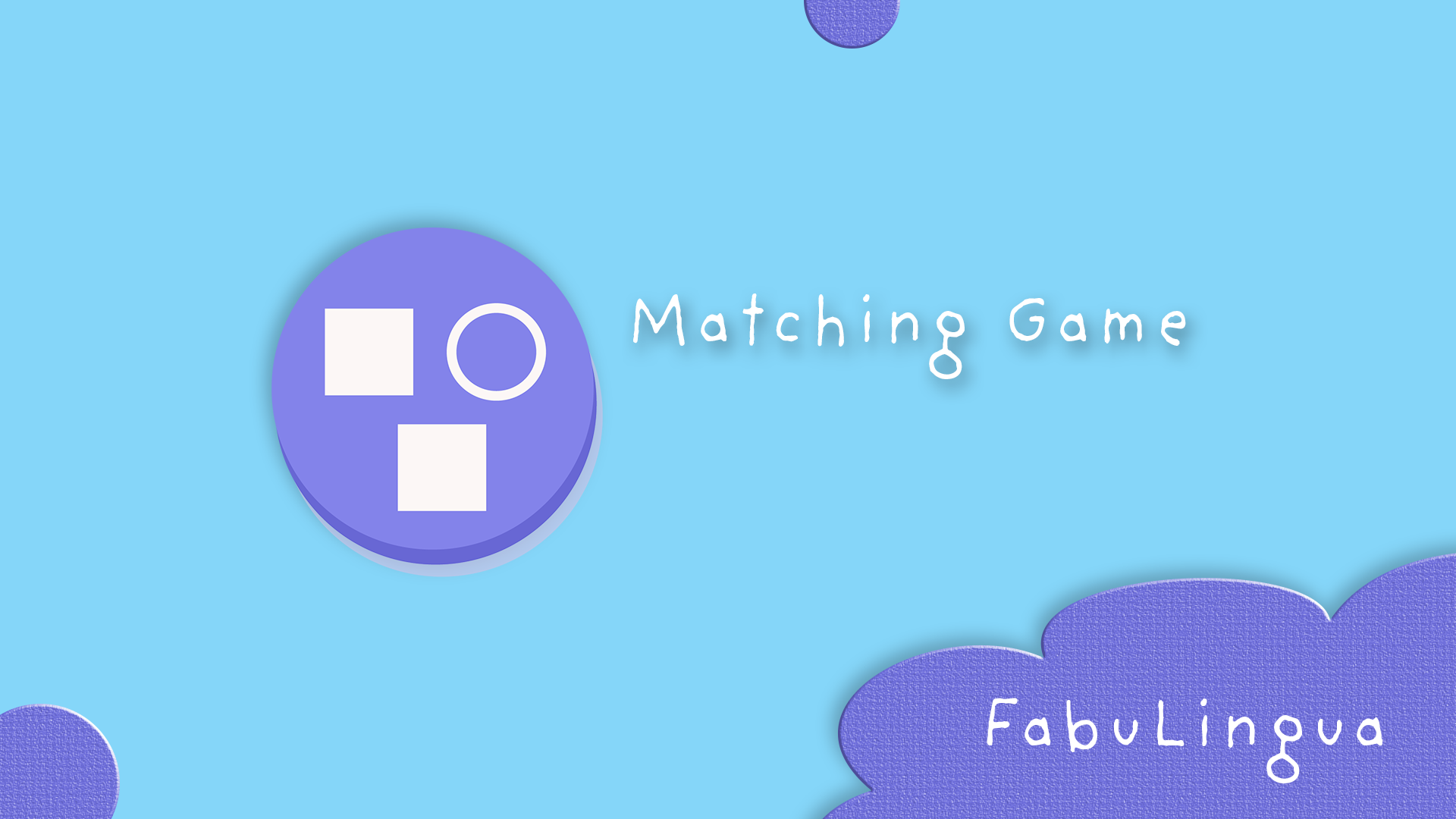The Power of Playful Repetition in Learning a Second Language
Have you ever noticed how kids love to do the same things over and over again? Whether it's reading their favorite book until it's worn out, singing the same song on repeat, or even throwing spaghetti on the floor just to see it fall again, children are natural masters of repetition. But did you know that this love for repetition holds a key to unlocking effective language learning?
In the world of teaching second languages, repetition has often been seen as a necessary but dull task. Flashcards, drills, and rote memorization can make learning feel like a chore rather than an adventure. However, what if we could harness the innate repetition-loving nature of children to make language learning not only effective but also enjoyable?
Is Repetition Good for Learning a New Language?
The Research:
Research, as highlighted in a recent article in Psychology Today by Vanessa LoBue, suggests that children learned the words better when they heard the same story repeated than when they heard the same words presented in three different stories. This insight challenges the traditional approach to language learning and opens up exciting possibilities for more engaging and effective methods.
Enter FabuLingua, a revolutionary language learning app & platform designed with this principle in mind. FabuLingua offers a treasure trove of interactive stories that children are encouraged to explore again and again. By immersing themselves in these captivating tales, children effortlessly absorb new vocabulary, grammatical structures, and cultural nuances.
But what makes FabuLingua different from traditional language programs? It's all about the power of playful repetition (& it’s based on Science!) Instead of forcing learners to slog through endless drills, FabuLingua invites them to engage with language in the same way they naturally engage with the world—through curiosity, exploration, and yes, repetition.
How to Help your Child Learn Spanish - using this Spanish App!
Ever wished your child could pick up Spanish as easily as they pick up their toys? Well, with FabuLingua's Learning Path, they can! It's a unique journey tailored just for your little linguist.
Unlock new mini-games by completing modes on the Learning Path, and play each once to progress. Complete all modes in a story to access all its mini-games. Kids earn treasure chests filled with stickers and playing cards by scoring perfect on a game four times.
Our mini-games, essential to our teaching approach, reinforce and build upon what's learned in stories by focusing on different language skills like comprehension and grammar. They make use of repetition to enhance learning, encouraging frequent play for improved language skills.
FabuLingua’s gamification strategy speeds up Spanish learning, making it more engaging than traditional methods. Our approach turns language learning into a fun, immersive playtime, fostering the best environment for children to learn Spanish
Each story has a Learning Path with a sequence of Modes and Mini-Games that build upon each other. Each mode unlocks mini-games that reinforce vocabulary, correct articles, syllabic breakdown, and spelling.
Matching Game
WHERE VOCABULARY IS REINFORCED.
Articles Game
WHERE THE CORRECT ARTICLE IS REINFORCED
Scrambled Syllables Game
WHERE SYLLABIC BREAKDOWN IS TAUGHT
Scrambled Letters Game
WHERE SPELLING IS TAUGHT
Imagine your child eagerly immersed in a FabuLingua story, giggling at the whimsical illustrations, and eagerly anticipating their favorite parts. With each re-reading, they deepen their understanding of the language, effortlessly internalizing new words and concepts without even realizing they're learning.
We call this, invisible learning!
Create a FREE Account:
For Parents:
For Teachers
For HomeSchoolers
What are the Benefits of Repetition in Language Learning?
According to renowned linguist Stephen Krashen and his Theory of Second Language Acquisition, language learning is most effective when it occurs in a low-stress, immersive environment. By engaging with familiar material in a relaxed and enjoyable context, children are able to absorb language naturally, without the pressure of formal instruction.
In fact, he said it defined the language teacher in a completely new way to how she has been traditionally seen.
The traditional teacher who doles out grammar drills, vocabulary tests, and creates pressure to recite verb conjugations and speak in front of peers is creating a stressful learning environment for the student.
“Language acquisition does not require extensive use of conscious grammatical rules, and does not require tedious drill" Stephen Krashen
Although research shows that in many subjects, some pressure can actually be slightly beneficial (for example when ‘cramming’ facts for a test), this is never the case with languages.
Dr. Krashen argues that for students to truly thrive in the foreign language classroom, the learning environment must be stress-free.
The Power of Storytelling in Repetition
In essence, FabuLingua harnesses the power of storytelling, play, and repetition to create an immersive language learning experience that mirrors the way children learn their first language. Just as a toddler eagerly listens to the same bedtime story night after night, so too can children delight in the familiar rhythms and melodies of a beloved FabuLingua tale.
But perhaps the most compelling aspect of FabuLingua is its ability to make language learning fun. By transforming repetition from a mundane task into a delightful adventure, FabuLingua turns language learning into a journey of discovery and delight.
Open the doors to a world of opportunity by giving your child the gift of a second language! Embrace the opportunity for your child to engage in the magic of playful repetition. Because when it comes to learning a second language, there's no such thing as too much fun!







